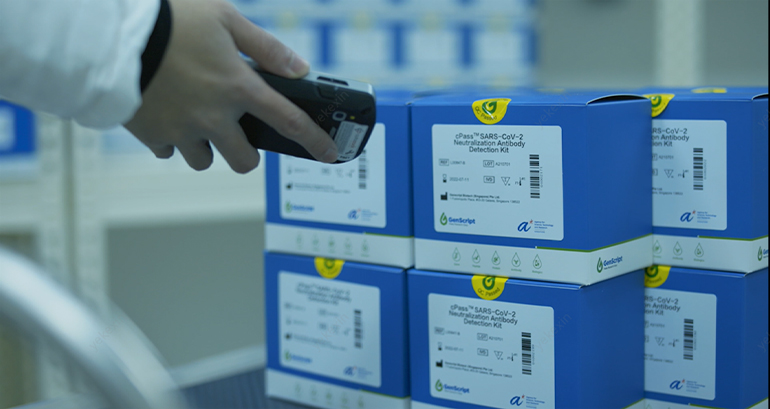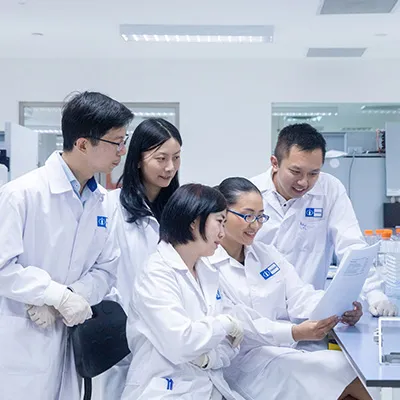The world’s first “rapid smart test kit”, robots assisting in spinal surgery, and “seeing” a doctor without ever meeting face-to-face – these are not sci-fi, but ways that technology is rapidly transforming healthcare to ensure future generations lead longer, healthier lives.
In Singapore, innovative companies seeking to create a healthier world enjoy a vibrant ecosystem that helps turn vision into reality. Access to scientific talent, development support, and a network of partners have enabled businesses across biomedical, medtech and healthcare services to drive more effective treatments, higher standards of patient care, even ways to safeguard the world against diseases that have not yet manifested.
As Diana Tang, Medtronic Singapore’s Vice President for Global Commercial Operations & Customer Experience, puts it: “Imagine a world in the near future where there is equal access to care for all via innovative healthcare technology… this is already happening in Singapore.” It is why the medtech giant established a presence in Singapore to manufacture and offer its products and services, and serve patients from around the world.
Meanwhile, biotechnology company GenScript Biotech and telemedicine startup Doctor Anywhere have also found success bringing their ambitions to life, by working with likeminded partners across Singapore’s broad network of researchers, innovative and leading scientific talent.










